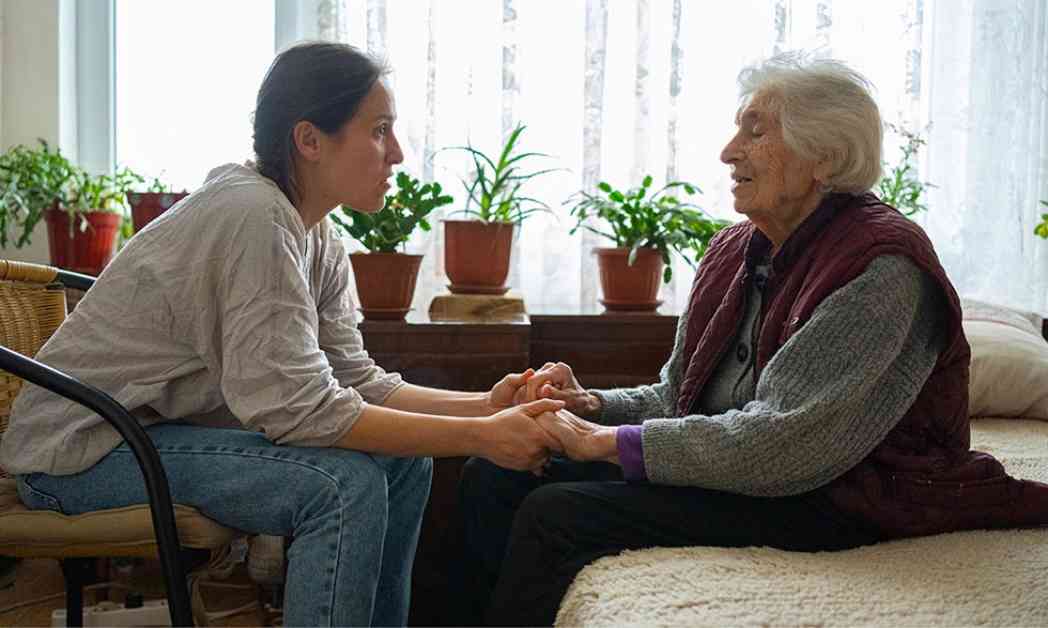Being a caregiver or care partner is a significant responsibility that involves managing someone else’s healthcare, daily tasks, financial decisions, and more. It can be overwhelming to navigate all of these responsibilities while also balancing your own schedule and commitments. Whether you are new to caregiving or have been at it for some time, the National Institute on Aging (NIA) offers valuable resources and tips to help make the caregiving journey more manageable.
If you are new to caregiving, it is crucial to educate yourself about the person’s medical condition. This will help you anticipate their needs, manage their healthcare effectively, and be prepared for emergencies. Encourage the person to share information about their treatments, medications, and healthcare providers. If they are hesitant, explain how this information will enable you to provide better care. You may need written permission to access their medical information, so ensure you have the necessary consent.
The Caregiver’s Handbook, available for download or as a free order, provides essential information on various topics such as finding care at home, long-term care facilities, costs of caregiving, coordinating medical care, planning ahead, and self-care tips. Additionally, caregiver training programs offered by hospitals, government agencies, and nonprofit organizations can equip you with the skills and knowledge needed to fulfill your caregiving role effectively.
Physical activity is essential for both caregivers and care recipients, especially those with mobility challenges or chronic health conditions. Consulting the person’s healthcare provider for exercise recommendations and exploring NIA’s exercise ideas for specific conditions like Alzheimer’s disease, arthritis, COPD, diabetes, heart health issues, osteoporosis, and chronic pain can promote overall well-being.
Caregiving involves juggling numerous responsibilities, from managing medications to handling important documents. NIA’s worksheets can help you stay organized and delegate tasks to other family members or friends when needed. It’s essential to consider everyone’s limits and strengths when sharing caregiving duties to ensure effective support for the care recipient.
Creating a safe environment for the person under your care is crucial, especially if they are living at home. NIA provides a home safety checklist and room-by-room guide to identify potential hazards and enhance the person’s safety. Additionally, exploring resources on avoiding falls, aging in place, and home modification programs can further promote a secure living environment.
Finding community resources and services can alleviate some of the caregiving burdens. Nonprofit organizations and government agencies offer services like home health assistance, transportation, money management, nutrition services, and personal emergency medical alert systems. Eldercare Locator and NIA’s recommendations can help you connect with these valuable resources tailored to older adults’ needs.
Caring for someone with Alzheimer’s disease requires specialized attention due to the unique challenges it presents. NIA offers resources and support for caregivers of individuals with Alzheimer’s, including tips on adapting activities, personal care assistance, hospital visits, and legal/financial planning. Exploring these resources can help you navigate the complexities of caregiving for someone with Alzheimer’s disease.
For additional questions or support, NIA’s information centers are available to assist you. Whether you need information on health and aging or specific inquiries about Alzheimer’s and related dementias, reaching out to NIA’s dedicated staff via phone or email can provide valuable guidance and referrals to local and national resources. Remember, you are not alone in your caregiving journey, and resources are available to support you every step of the way.


















